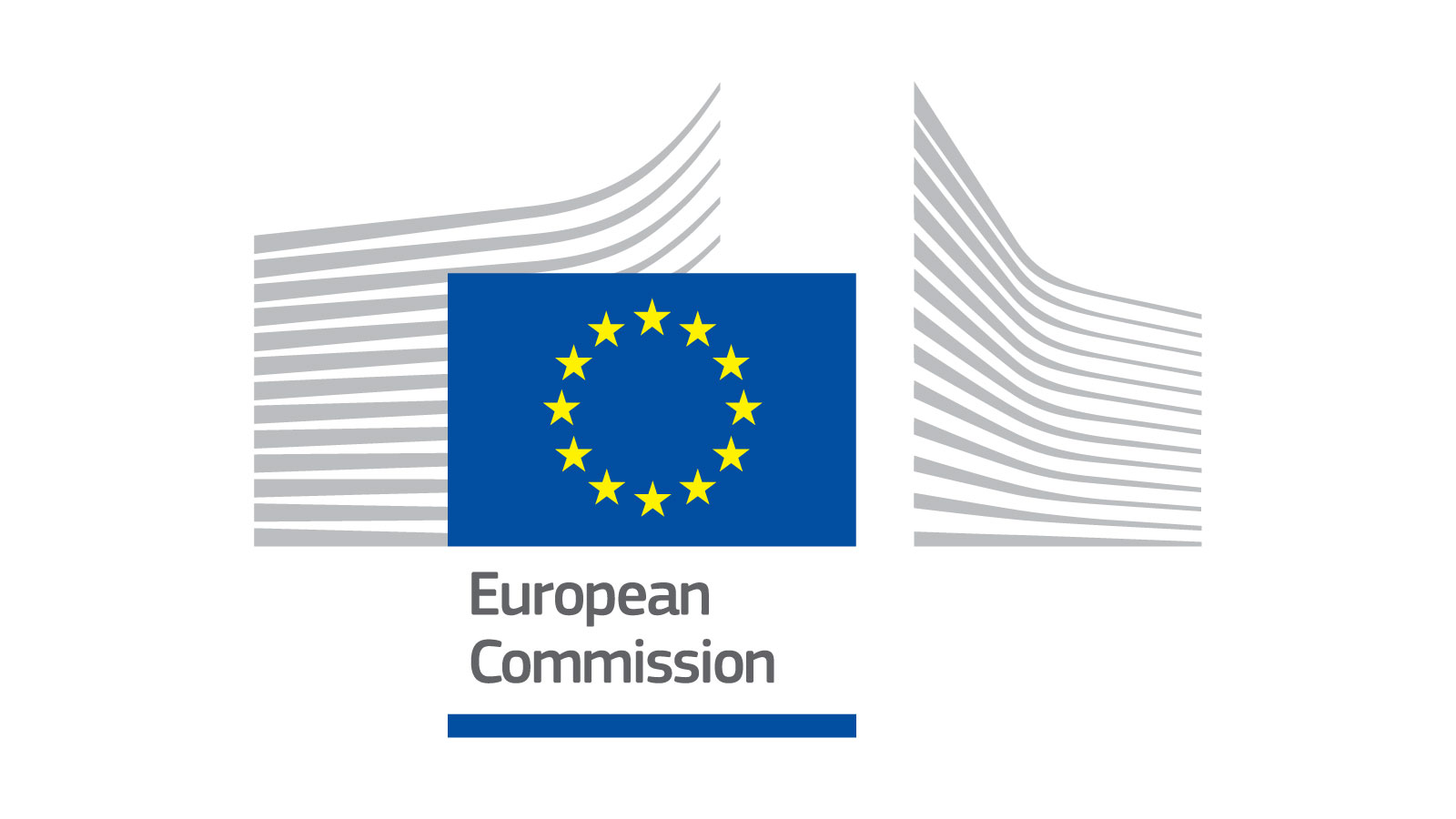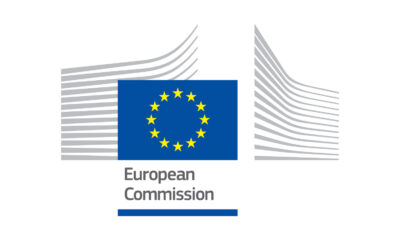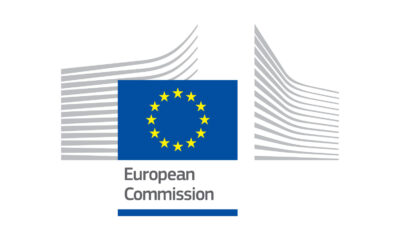Politics
Vice-President Věra Jourová’s assessment of online information interference in the June 2024 elections for the European Parliament

The Vice-President of the European Commission for Values and Transparency, Věra Jourová, visited half of the EU Member States between January and June 2024, in a ‘Democracy Tour’ in preparation of the elections for the European Parliament held on 6 to 9 June 2024. She discussed key aspects of the Commission recommendation on inclusive and resilient elections with national authorities responsible for conduct and integrity of elections and with representatives of civil society.
The ‘Democracy Tour’ focused on the resilience of the informational space online, and four key areas of particular threat emerged from the discussions with stakeholders: disinformation, foreign interference, the use of Artificial Intelligence (AI) technologies, and cybersecurity risks.
The Memo annexed here gathers the incidents recorded during the electoral period in connection to the four threat areas, based on data available at the time of writing. It focuses exclusively on aspects related to the information space online and does not cover other aspects such as the organisation of elections or physical threats.
It is a working document prepared to support discussions in the framework of the European Cooperation Network on Elections on 11th October 2024 on the 2024 elections for the European Parliament and closing the ‘Democracy Tour’. Prepared under the authority of the Vice-President, it is offered as input to the ongoing preparatory work on the Commission’s broader post-election report, as announced in the Defence of Democracy Package issued by the Commission in December 2023.
Based on currently available information, no major information interference operation capable of disrupting the elections was recorded. At the same time, it is widely recognised that the threat levels for information integrity during elections were high, as confirmed by the activation by the European Council of the Integrated Political Crisis Response (IPCR) arrangements for addressing foreign interference.
Politics
Estonian Orthodox Church of the Moscow Patriarchate Receives Court Registration

The Estonian Orthodox Church of the Moscow Patriarchate (EOCM) has been granted the right to be called the Estonian Orthodox Church in court. The registration of this name was initially denied and was considered misleading, as this church does not encompass all Orthodox Christians in Estonia.
On March 24, the Tartu District Court upheld the appeal filed on behalf of the Estonian Orthodox Church of the Moscow Patriarchate, and according to the court’s decision, the new name is in accordance with the law and is not misleading regarding the purpose, scope or legal form of the church. This court decision is final and has entered into force.
Estonian Minister of the Interior Lauri Laenemetz initiated a government bill in 2024 that would ban the activities of parishes in Estonia affiliated with organizations that support Russian aggression. According to the minister, these legislative changes are necessary because the Orthodox Church, which is subordinate to the Moscow Patriarchate, is the most important instrument of influence of Russia and the Kremlin in Estonia.
Taras Antoshevsky from the Religious Information Service of Ukraine (RISU) spoke with Ringo Ringvi, an advisor at the Department of Religious Affairs of the Ministry of Internal Affairs of Estonia, about the situation of the Orthodox Church of the Moscow Patriarchate in Estonia.
Politics
Plastic pellet losses: Council and Parliament agree on new rules to reduce microplastic pollution

Today, the Council and the European Parliament provisionally agreed on a regulation on preventing the loss of plastic pellets – the industrial raw materials used to make plastic products – into the environment. The new rules will help improve the handling of plastic pellets at all stages of the supply chain, both on land and sea.
Microplastics, including plastic pellets are now found everywhere — in our oceans, seas and even in the food we eat. Each year, the equivalent of up to 7,300 truckloads of plastic pellets are lost to the environment. Today, the EU has taken a landmark step toward reducing pellet pollution by adopting measures to tackle losses and ensure correct handling, including in maritime transport.
Paulina Hennig-Kloska, Polish Minister for Climate and Environment
Stronger prevention of pellet losses
Under the new rules, prevention of plastic pellet losses would be the main objective for operators and EU and non-EU carriers. A clear framework sets out obligations for cases of accidental losses focusing on clean-up operations. A clear set of measures will be included in a risk management plan, prepared by each installation handling pellets. Such measures would tackle, among others, packaging, loading and unloading, staff training, as well as necessary equipment.
To provide for a level playing field between the EU and non-EU carriers and to ensure accountability and transparency for all carriers of plastic pellets, non-EU carriers will have to designate an authorised representative in the EU.
Achieving simplification and compliance
In line with the simplification goals for smaller companies and reflecting the Council’s approach, the provisional agreement strikes a balance between a high level of environmental protection and the requirements for companies adapted to their different size. In this sense, operators that handle above 1 500 tonnes of plastic pellets annually will have to obtain a certificate issued by an independent third party. Small companies also handling above 1 500 tonnes per year will benefit from lighter obligations, such as one-off certification to be done in 5 years after the entry into force. Finally, companies handling less than 1 500 tonnes annually and microenterprises will only need to issue a self-declaration of conformity.
Maritime transport
The persistence of a plastic pellet in an aquatic environment can be measured over decades or more, since plastic pellets are not biodegradable. Moreover, maritime transport accounted for around 38% of all pellets transported in the EU in 2022.
Therefore, the co-legislators also agreed to set obligations for the transport of plastic pellets by sea (in freight containers), including ensuring good quality packaging and providing transport and cargo-related information, following the guidelines of the International Maritime Organisation.
Next steps
The provisional agreement will now have to be endorsed by the Council and the Parliament. It will then be formally adopted by both institutions, following a legal and linguistic review, and published in the Official Journal of the EU. The regulation will then become applicable 2 years after publication. To facilitate compliance within the maritime sector, the co-legislators agreed to postpone the application of relevant rules by one year (compared to the rest of the rules set out in the regulation).
Background
It is estimated that between 52 140 and 184 290 tonnes of pellets were lost into the environment in the EU in 2019. Pellet losses can occur at various stages along the value chain. Currently, no EU rules specifically cover plastic pellet losses, despite their adverse impacts on the environment, the climate, the economy and potentially on human health. Plastic pellets rank third among the largest sources of unintentional microplastic releases, after paints and tyres.
Politics
What is your experience with the EU Executive Agencies? Watch out for the survey!


© FRVS+MPCP 2022. The European Times® News is registered as an EU Trademark. All rights reserved. The European Times® and the logo of The European Times® are EU trademarks registered by FRVS+MPCP.
Members/Partners of

About Us
Popular Category
DISCLAIMER OPINIONS: The opinions of the authors or reproduced in the articles are the ones of those stating them and it is their own responsibility. Should you find any incorrections you can always contact the newsdesk to seek a correction or right of replay.
DISCLAIMER TRANSLATIONS: All articles in this site are published in English. The translated versions are done through an automated process known as neural translations. If in doubt, always refer to the original article. Thank you for understanding.
DISCLAIMER PHOTOS: We mostly used photos images that are readily available online, from free sources, or from the people promoting the news. If by any chance it happens that we have used one of your copyrighted photos, please do not hesitate to contact us and we will take it down without question. We do not make profits as this is a not for profit project to give voice to the voiceless while giving them a platform to be informed also of general news, and it is completely free.
Editor Picks
-

 Sports7 days ago
Sports7 days agoJannik Sinner, Riccardo Piatti name 4 names for post-Darren Cahill
-

 Sports7 days ago
Sports7 days agoLewis Hamilton, disqualification behind: “Immediately looked ahead”
-

 Politics7 days ago
Politics7 days ago36 000 free EU travel passes for 18-year-olds
-

 Politics7 days ago
Politics7 days agoMSCA awards €608.6 million for doctoral programmes
-

 Sports7 days ago
Sports7 days agoMilan, Tammy Abraham sheds light on her future
-

 Health & Society7 days ago
Health & Society7 days agoThe Magic of Mushrooms – Exploring Their Nutritional and Healing Powers
-

 Politics7 days ago
Politics7 days agoEU launches humanitarian air bridge after Myanmar earthquake
-

 Politics5 days ago
Politics5 days ago6 tips to spot and stop information manipulation









